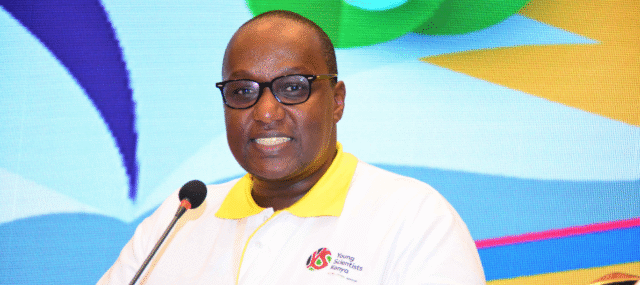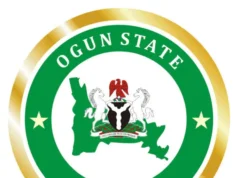In a visionary stride toward a digitally empowered future, Young Scientists Kenya (YSK) has supercharged its AI Literacy Program—now reaching 170 secondary school teachers nationwide. Spearheaded by Kenya’s Ministry of Education, in partnership with Ireland’s Embassy and the Raspberry Pi Foundation, and supported by Google.org, this initiative promises to transform classrooms and prepare the next generation for the Fourth Industrial Revolution.
Table of Contents
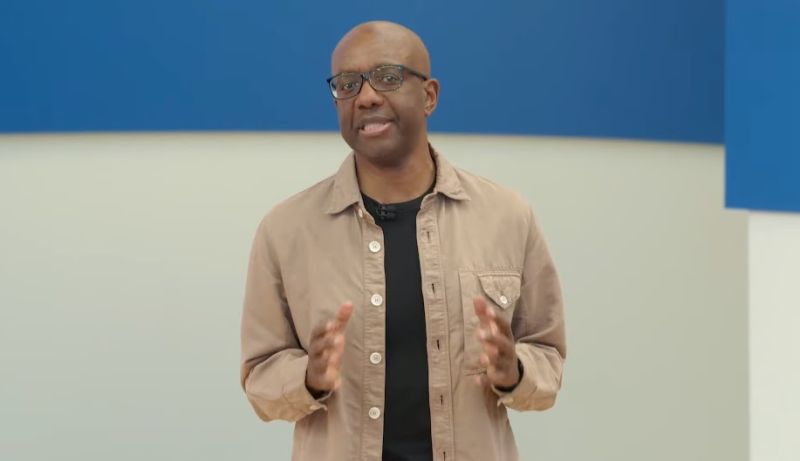
A Nationwide Movement, Classroom by Classroom
Since its launch six months ago, Experience AI—a flagship AI literacy curriculum—has extended its reach beyond expectations. Teachers from Nakuru, Mandera, Tana River, Wajir, and additional counties have been trained, setting the stage to impact over 3,400 students so far.
YSK’s ambition is clear: empower Kenyan educators to demystify AI, weaving computational thinking into daily teaching and ensuring that students witness tech’s power early and often. As Dr. Victor Mwongera, YSK’s National Director, states:
“By equipping educators with hands‑on skills and tools, we ensure they are not just facilitators but active drivers of technological literacy in the classroom.”
Strategic Partnerships
Experience AI is built on collaboration. Co-developed by Raspberry Pi Foundation and Google DeepMind, the curriculum is delivered by YSK and funded by Google.org. The Ministry of Education and the Irish Embassy have lent institutional support, emphasising outreach to marginalised groups—from remote arid regions to special needs schools and refugee communities.
“Our focus on inclusive participation—from arid‑land learners to those with disabilities—underscores our commitment: science for all,” shared H.E. Caitriona Ingoldsby, Ireland’s Ambassador to Kenya.
Hands-On Learning, Immediate Impact
This initiative goes beyond theory—it immerses teachers in practical, interactive AI experiences. During workshops, they:
- Build simple machine learning models
- Work through simulations and worksheets
- Collaborate to devise AI solutions to real classroom challenges.
Evaluation follows—and teachers have consistently praised the program:
- 95% reported increased confidence teaching AI
- 88–93% rated the training high-quality and lesson-ready
One educator shared:
“We were able to do the summative test… which turned out to be a very effective way of us understanding how in‑depth and how well they grasped the knowledge.”
Toward a Scalable, Responsive Model
From April’s first workshop at Embu’s Kangaru High School—where over 100 teachers from more than 80 schools across 37 counties converged—the program has grown impressively.
YSK aims to train 200 teachers by 2026, reaching approximately 9,000 learners across primary and secondary classrooms. To support professional growth and confidence, every attendee receives a Certificate of Participation, reinforcing their role as technology catalysts.
Focused on Inclusion and Practicality
The initiative is intentionally designed to accommodate busy teacher schedules. Evening and weekend sessions ensure that workload and extracurricular commitments don’t hinder participation
The curriculum spans AI essentials—from ethical considerations to hands-on digital projects—enabling teachers to integrate AI into the Competency-Based Curriculum (CBC) and other key educational frameworks.
Showcasing Success: National Science & Tech Expo 2025
Topping off this effort is the upcoming eighth YSK National Science and Technology Exhibition, themed “Using STEM to Drive Towards a Sustainable Future”, scheduled in Nairobi from August 5–9, 2025
Expectations are high: more than 3,000 attendees—including students, career educators, parents, policy-makers, and private-sector champions—will gather. Nearly 250 students will present projects across core disciplines: Technology, Social & Behavioural Sciences, Biological & Ecological Sciences, and Chemical, Physical & Mathematical Sciences.
Standout performers will earn university scholarships and educational trips to Ireland, highlighting the global impact of Kenya’s science pipeline.
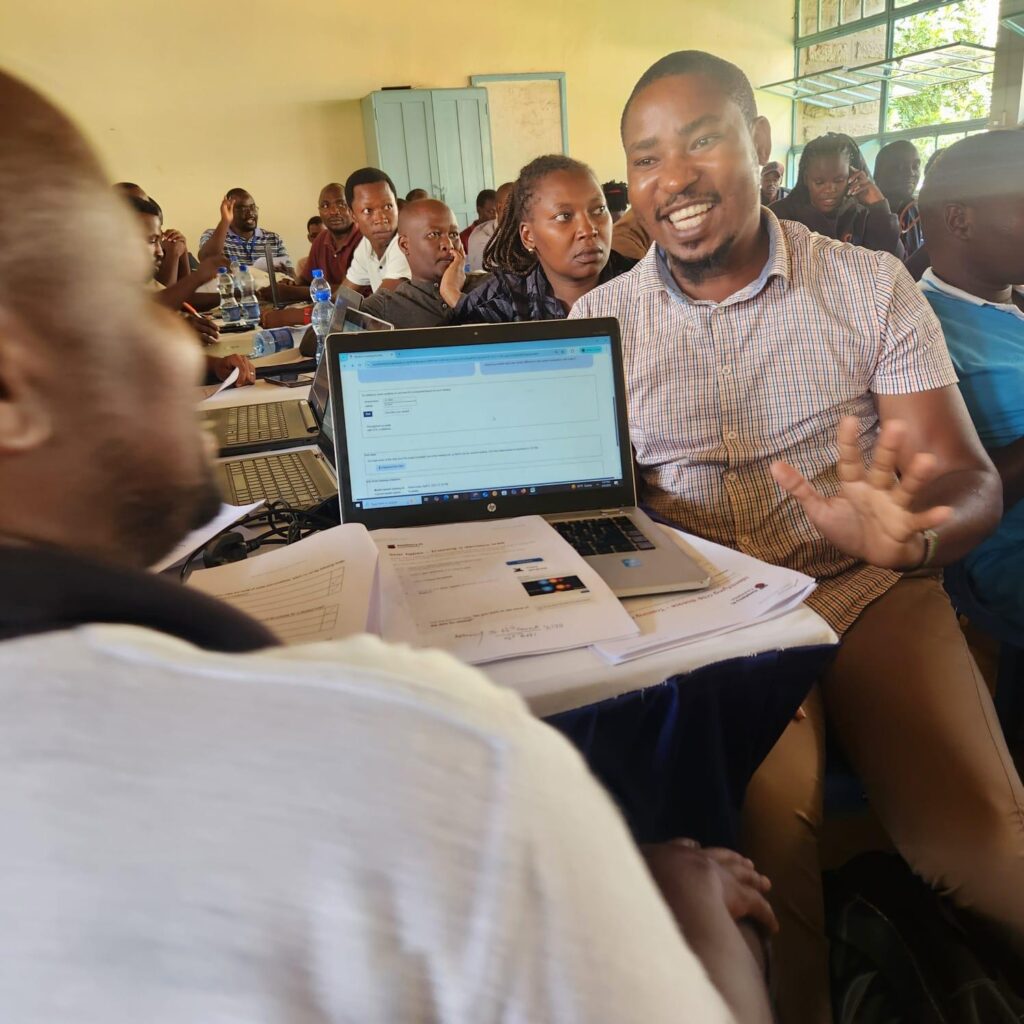
Building a Future-Ready EdTech Ecosystem
The Kenyan initiative echoes global research and international teacher training trends:
- UNESCO found that under 40% of sub-Saharan African teachers have formal digital training.
- Harvard-Intel research reveals >85% growth in educator confidence when AI training is scaffolded with mentor and practice-based approaches.
- Kenyan educators and influencers stress that teacher needs must lead tech adoption, to avoid pitfalls like the One-Laptop-Per-Child project
By listening deeply to teachers and co-developing work-integrated modules, YSK echoes global scholarship advocating teacher-first curriculum design, especially regarding ethics, preparation time, and local context support
YSK’s collaborative, community-first approach shines in testimonials:
- Lucy Mwaniki, an AI Community Trainer, reflects on the transformation: “Helping teachers move past their fear of AI and understand its potential is incredibly powerful.”
- Sajjad Kimani, a Nakuru educator, praised the workshops: “I really enjoyed today’s session… keep it up everyone.”
According to Mohamed Abdulkarim of Zeraki, gathering authentic input from over 150,000 teachers is critical for meaningful AI integration. YSK’s method reflects the same ethos—solve real classroom challenges, not chase tech hype.
Scaling Tech Confidence into Educational Excellence
As classroom walls dissolve, AI literacy becomes a shared public good. From remote arid counties to urban halls, YSK’s strategy is clear:
- Teacher-first training: Empower mentors who in turn empower students.
- Hybrid delivery models: Evening and weekend sessions ensure accessibility.
- Ongoing mentorship: Post-training support sustains classroom innovation.
- Ethical, hands-on content: Prepared teachers for design-thinking and AI ethics.
YSK plans to reach more counties, and to expand partnerships—potentially with platforms like Zeraki—to scale teacher support and student engagement.
Kenya as a Beacon for African AI Education
Kenya has earned a reputation as a regional EdTech leader—ranking 6th in Africa for AI readiness per Oxford Insights—and the government is developing national AI policy. Within this dynamic landscape, YSK’s teacher-first mission offers a living model for national and continental AI-education reform.
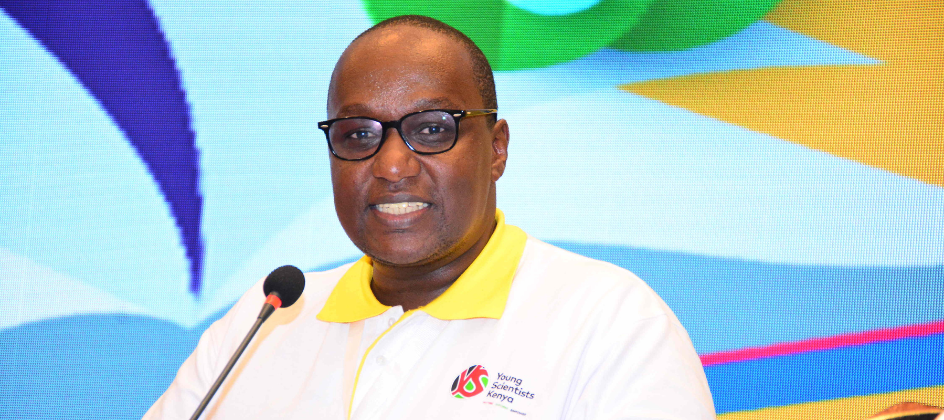
What’s Next
- Post-Expo follow-up: YSK will monitor classroom implementation, teacher efficacy, and student outcomes.
- Expanded training target: Aim to empower more counties and educator groups, including primary schools and vocational training colleges.
- Curriculum evolution: Continuously update modules to cover generative AI, prompt engineering, and emerging ethics frameworks.
- Regional knowledge-sharing: Explore peer-learning exchanges within Africa to replicate Kenya’s pedagogical success.
Key takeaway:
- 170 teachers trained across multiple counties
- 3,400+ students already benefiting
- Scaling toward 200 teachers and 9,000 learners by 2026
- Hands-on, inclusive, hybrid training that builds teacher confidence
- Showcase event August 5–9, 2025, in Nairobi
- Positioned as a replicable model for Africa’s AI-inclusive education
By empowering teachers, YSK isn’t just navigating AI—it’s building digital pioneers, ready to lead Kenya’s classrooms into a tech‑savvy, equitable, and innovative future.
Join Our Social Media Channels:
WhatsApp: NaijaEyes
Facebook: NaijaEyes
Twitter: NaijaEyes
Instagram: NaijaEyes
TikTok: NaijaEyes


